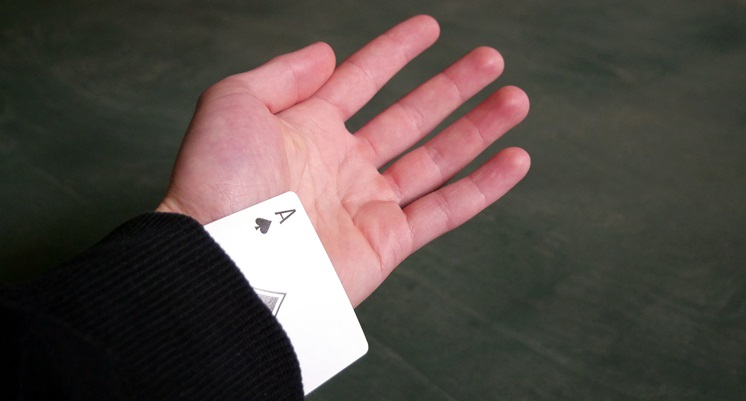Eleven of the 12 defendants from the U.S. Department of Justice’s “Black Friday” crackdown on April 15, 2011, have now resolved their cases with the Department of Justice (DOJ) as the founder and co-owner of Costa Rica-based Absolute Poker, Scott Tom, has accepted a $300,000 plea deal.
The deal with federal prosecutors results in only one more individual, the former owner of PokerStars, Isai Scheinberg, who was the first of the 12 people named in the Black Friday indictments, has yet to conclude his business with the DOJ. However, the Israeli-Canadian did work alongside the DOJ to help poker players affected by Black Friday get their money back. Scheinberg, a former senior programmer for IBM Canada, sold his stake in PokerStars back in June 2014 for $4.9 billion to Amaya Gaming, a publicly traded Canadian supplier of gambling equipment.
Massive Crackdown
Tom arrived in the U.S. from Barbados on February 23 to face money laundering and Unlawful Internet Gambling Enforcement Act (UIGEA) charges after spending the last six years living in exile on the eastern Caribbean island. A resident of Antigua, Tom pleaded not guilty to the charges in federal court and was released on half a million dollar bond. The current deal will see Tom plead guilty to a single misdemeanor charge of being an accessory after the fact in the transmission of wagering information. Tom could’ve received the maximum sentence for the charge; one year in prison to be followed by supervised probation for a year.
The DOJ shut down PokerStars, FullTilt, and Absolute Poker’s CEREUS online poker network, the three biggest U.S. market serving online poker sites, on April 15, 2011. A massive crackdown against online poker in the U.S was launched by federal prosecutors in Manhattan, resulting in the indictment of Scheinberg, suing PokerStars, and shutting down the company’s U.S. operations for operating an illegal gambling business per the Federal Wire Act and the UIGEA. In total, twelve were indicted including Tom. Brent Beckley, Tom’s step-brother was one of those indicted and in 2012 he received a 14-month prison sentence.
Repaying Debt to Players
Financial weaknesses at Full Tilt Poker were exposed by the crackdown and it imploded in what was called a Ponzi scheme by the U.S. Attorney in Manhattan. A $731 million settlement PokerStars made with federal prosecutors in 2012 resulted in the company acquiring Full Tilt’s assets.
Not long after Black Friday Absolute Poker collapsed having owed its players millions of dollars that were not available as a result of the DOJ liquidating its assets. In April, Joon H. Kim, the Acting United States Attorney for the Southern District of New York, announced that eligible players who had been out of pocket for six years could file claims to get their money back after the government seized the assets of several online poker companies, including Absolute Poker and Ultimate Bet.
PokerStars’ owners negotiated a deal with the DOJ to forfeit $540 million to US authorities prior to its sale to Amaya. The complex arrangement allowed the acquisition of Full Tilt by PokerStars while still making good on repaying its debt to players. The fund has paid out approximately $118 million in reimbursements to Full Tilt’s U.S players and the remainder will reportedly be used to settle past due AbsolutePoker balances.



